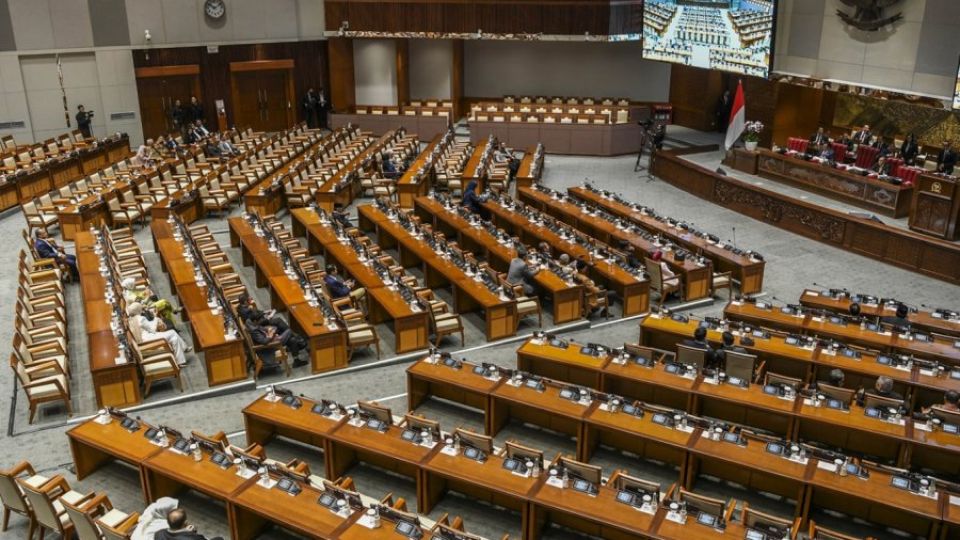March 13, 2024
JAKARTA – Political parties behind presumptive presidential election winner Prabowo Subianto appear to have distanced themselves from a potential race to capture the House of Representatives speakership from the largest party in the legislature, the Indonesian Democratic Party of Struggle (PDI-P).
While quick counts indicate that Prabowo has won a comfortable lead over his two opponents, the focus has now shifted to whether parties backing him will wield power over the House to allow him to run an effective administration.
The PDI-P is leading in the preliminary tally with 16 percent of the vote, followed by rivals the Golkar Party with 15 percent and Prabowo’s own Gerindra Party with 13 percent, even though PDI-P presidential candidate Ganjar Pranowo came third in the Feb. 14 race.
If having the most votes translates into having the largest share of seats in the legislature, the PDI-P will retain the speaker’s position, as regulated in the prevailing law on legislative institutions, known as the MD3 Law. The PDI-P has also hinted at its intention to play an opposition role to a Prabowo-led government.
But nothing is set in stone until the official election results, including how the vote translates into the number of seats, are announced next week.
Speculation has been rife that major pro-Prabowo parties, particularly Golkar and Gerindra, are seeking to amend the law to give one of them a greater chance of securing the House speaker’s seat to ensure an effective government and increase their bargaining position in Prabowo’s post-election coalition.
“The position of House speaker is very strategic as it holds control over the House’s agenda,” analyst Ujang Komarudin said, adding that whoever would be the next speaker would hinge on which parties ended up with the most seats and whether there would be changes to the MD3 Law.
The law also states that “if there is more than [one] political party obtaining the same number of votes, the speaker and deputy speakers […] are determined based on the distribution of votes.”
Gerindra has denied that it is seeking to alter the law or any related House regulations, stressing that it will follow the current system.
Gerindra secretary-general Ahmad Muzani claimed the party did not entertain the idea of changing the law at the expense of political stability after the elections, stressing that the nation needs to “remain calm and united” after the new leaders are elected.
“When [the elections] are over and [new leaders are] elected, we must work together to fight for the people,” Muzani told reporters last week.
Golkar chairman Airlangga Hartarto has also dismissed speculation about any ongoing effort to secure the House speaker’s position, saying that the party would always follow the prevailing mechanisms.
Answering questions about whether Golkar was eyeing the House speakership, Airlangga said on Sunday the party “will decide on the issues related to the House after [the new members of the House] are inaugurated on Oct. 1.”
PDI-P secretary-general Hasto Kristiyanto said his party was acutely aware of the possible competition among pro-Prabowo parties for the House speaker’s position, describing it as a rivalry for power in an alliance that was based on pragmatic politics as its foundation.
“There’s a general perception among several political experts that there are efforts to lower Gerindra’s standing and at the same time make Golkar part of [Jokowi’s] political vehicle,” Hasto said.
Hasto was referring to President Joko “Jokowi” Widodo, who remains a PDI-P member but has kept his distance from the party since his son was named Prabowo’s running mate. The outgoing President has reportedly been seeking a new political vehicle to maintain his and his family’s influence in national politics after leaving office in October, as the rift between him and the PDI-P appears to have widened.
“For the PDI-P, fighting for the interests of the nation and state must remain the main commitment. We do not want unity to be sacrificed. That’s why the PDI-P will play an important and strategic role in protecting the morals and the spirit of democracy,” Hasto added.


